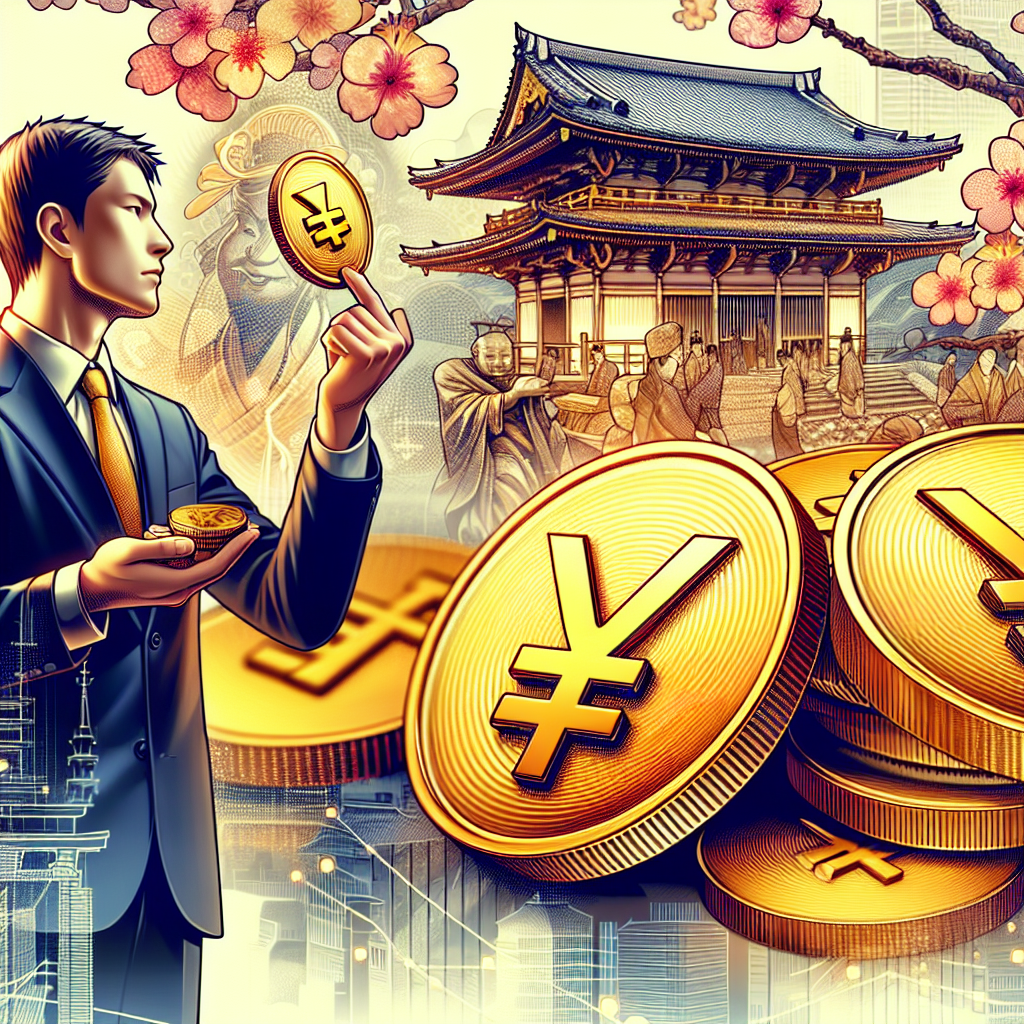Japan's Yen Reacts to Trade Deal and Political Shifts
The yen saw volatile trading as news of a U.S.-Japan trade deal surfaced amid political uncertainty surrounding Japanese Prime Minister Shigeru Ishiba. The deal alters trade tariffs, influencing the economy and the Bank of Japan's interest rate decisions. Global currencies experienced uncertainty, impacting various markets.

The yen's movement captured market attention on Wednesday. It oscillated as traders speculated on the future of Japanese Prime Minister Shigeru Ishiba amidst U.S. President Donald Trump's announcement of a trade agreement with Japan. Initially, the yen strengthened to its highest level since July 11 at 146.20 per dollar following the trade news. However, it reversed after reports suggested Ishiba might resign next month due to an electoral setback.
Ishiba dismissed these reports as "completely unfounded," leading to a slight yen recovery, stabilizing it at 146.83 per dollar. The trade agreement, which reduces tariffs on auto imports and shields Tokyo from unnecessary tariffs, impacts the yen due to its economic implications and its influence on the Bank of Japan, which has cautiously raised interest rates.
Jane Foley from Rabobank noted, "A trade deal allows the Bank of Japan more potential to hike interest rates this year," which is positive for the yen, making a move back to 150 yen per dollar less likely. Despite ongoing political uncertainty, the Bank of Japan is not expected to hastily adjust its current strategy.
Movements in other currencies were limited due to tariff uncertainties and questions about currency reactions. The U.S. dollar has weakened since Trump's tariff announcement in April, though the trend has stabilized somewhat recently. The euro dropped slightly to $1.1744 but stayed near a four-year peak. Conversely, European equities enjoyed gains amid hopes the Japan deal could lead to further trade agreements, including with Europe.
President Trump mentioned that EU negotiators would visit Washington on Wednesday, ahead of the European Central Bank's Thursday meeting, expected to hold rates. The trade deal bolstered global economic sentiment and, alongside higher metal prices, lifted the Australian dollar by 0.4% to $0.6581, albeit cautious sentiment prevailed.
(With inputs from agencies.)
ALSO READ
Japanese Prime Minister Shigeru Ishiba Faces Critical Decision Amidst U.S. Trade Talks
US-Japan Trade Deal Lowers Tariffs, Bolsters Investments
Auto Trade Tension: Detroit Three vs. Japan Tariffs
Japanese Prime Minister Shigeru Ishiba Plans Resignation Amid Party Pressure
U.S.-Japan Trade Deal: Lower Tariffs, Major Investments









